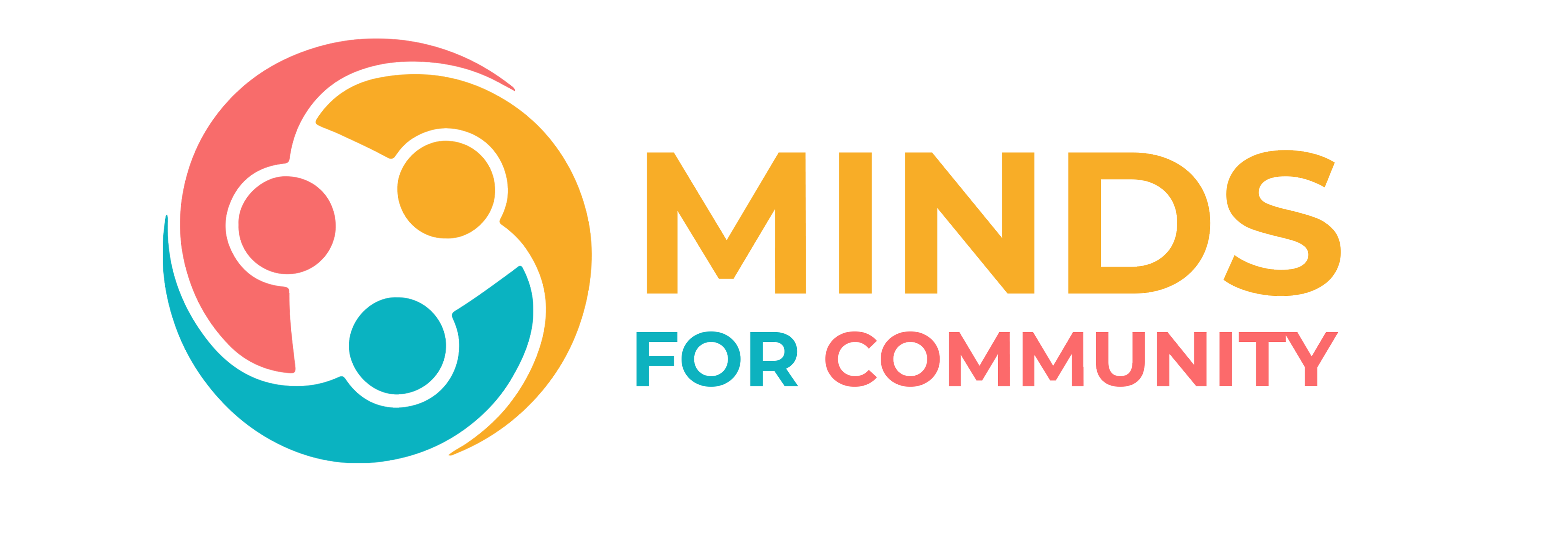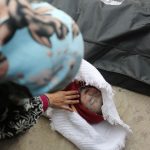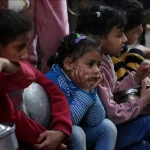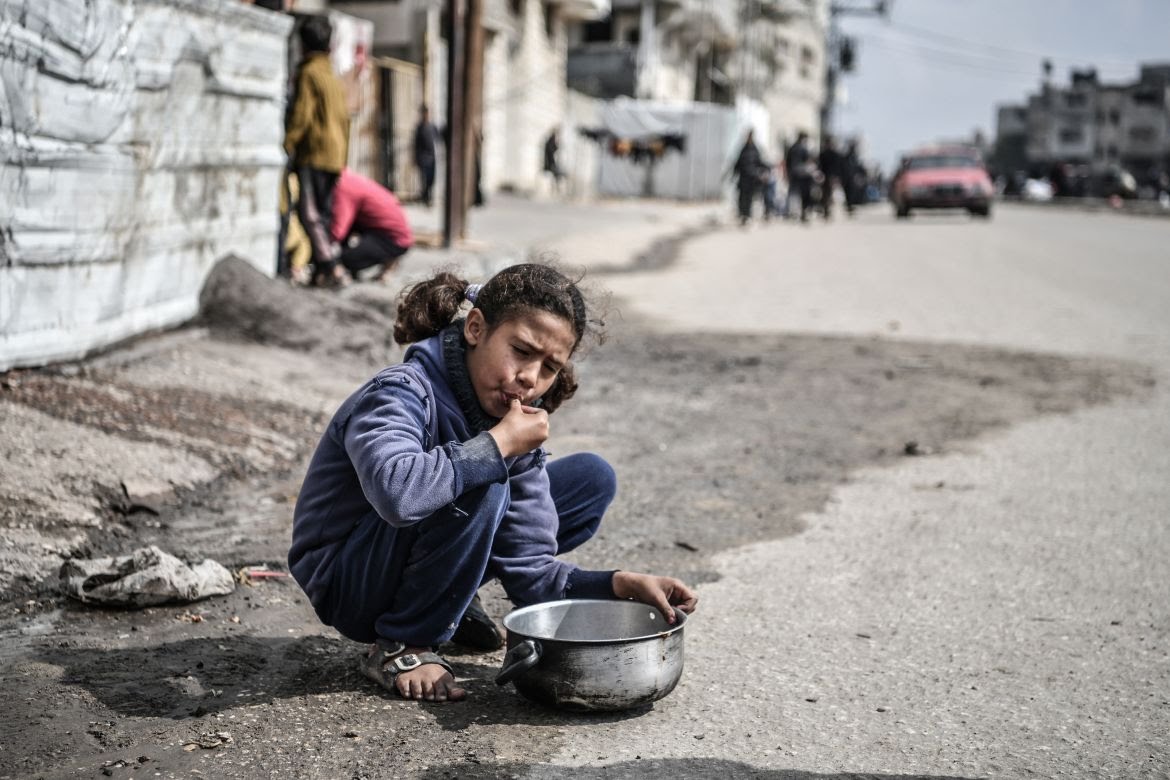Loops magazine said that the number of young victims reaches thousands in the Gaza Strip, which has been bombed by the Israeli army for more than 200 days, and that all children who face severe violence there need – according to UNICEF – psychosocial support and psychological assistance.
To shed light on the physical and psychological suffering of children in the Gaza Strip, the newspaper gave the talk – in a report written by Mary Fiacetti – to humanitarian workers to tell what they saw there.
“A lot of suffering is not only physical, but also psychological,” said Amparo Villasmil, a psychologist at Doctors Without Borders, speaking about what she saw in the coastal area of Al-Mawasi in the southern Gaza Strip during her recent mission with children there.
The psychologist added, “It is not an exaggeration to say that Palestinian children are exposed to extremely brutal living conditions. Some of them have lost members of their family. They no longer have a routine. All educational activities have stopped, and most of them receive little, and may not receive food, drinking water, or Sanitary facilities and no clothes for the winter.”
The report recalled what the Secretary-General of the United Nations, Antonio Guterres, said, just one month after the start of the Israeli attack, that “Gaza has become a cemetery for children.” Today, after more than 200 days, the situation has not changed, but is even worse.
The magazine described the situation of 600,000 displaced children in Rafah, saying that they suffer from tragic living conditions, and they are threatened, along with nearly one and a half million displaced people in the middle of winter, by famine and epidemics, in addition to the “strong” ground military operation that Israel is threatening, noting that 17,000 children There are those who are “unaccompanied or separated” from their families.
The magazine pointed out that childhood life under bombardment and in temporary shelters leaves not only physical, but also psychological, effects.
“About 500,000 children were in need of psychological and social assistance in the Gaza Strip before the terrible events that began on October 7, because they had lived through hostilities for years, were exposed to violence and trauma, and had lost a family member or their home,” says Jonathan Crix. It is estimated that almost all children in the region need psychological help.”
The magazine went on to tell the story of the little girl, Razan (11 years old). She was – as Jonathan Crix narrates – “at her uncle’s house with her family when the bombing killed her father, mother, brother, and two sisters, and seriously injured her.” She was transferred several times with her uncle and aunt before arriving to Rafah suffers from high levels of stress and anxiety, and would burst into tears whenever the doors were closed.”
Because stories like Razan’s cannot be counted in the Gaza Strip, UNICEF has created recreational activities, explains Jonathan Krekes, where “children play, sing and dance with social workers trained to deal with young trauma victims. It is comforting to see a smile on their faces, and that We see that for an hour or two they are able to escape from the state of despair they find themselves in. It is a moment that takes them back to their childhood.”
UNICEF confirmed that such activities have been carried out with 40,000 children since the beginning of the war, although these efforts do not seem to be futile as long as the fighting continues, especially “when a child tells you that he is afraid at night that something will happen to him, and that he will have to run away again.” How can you reassure him if this danger really exists? Amparo Villasmil wonders.






